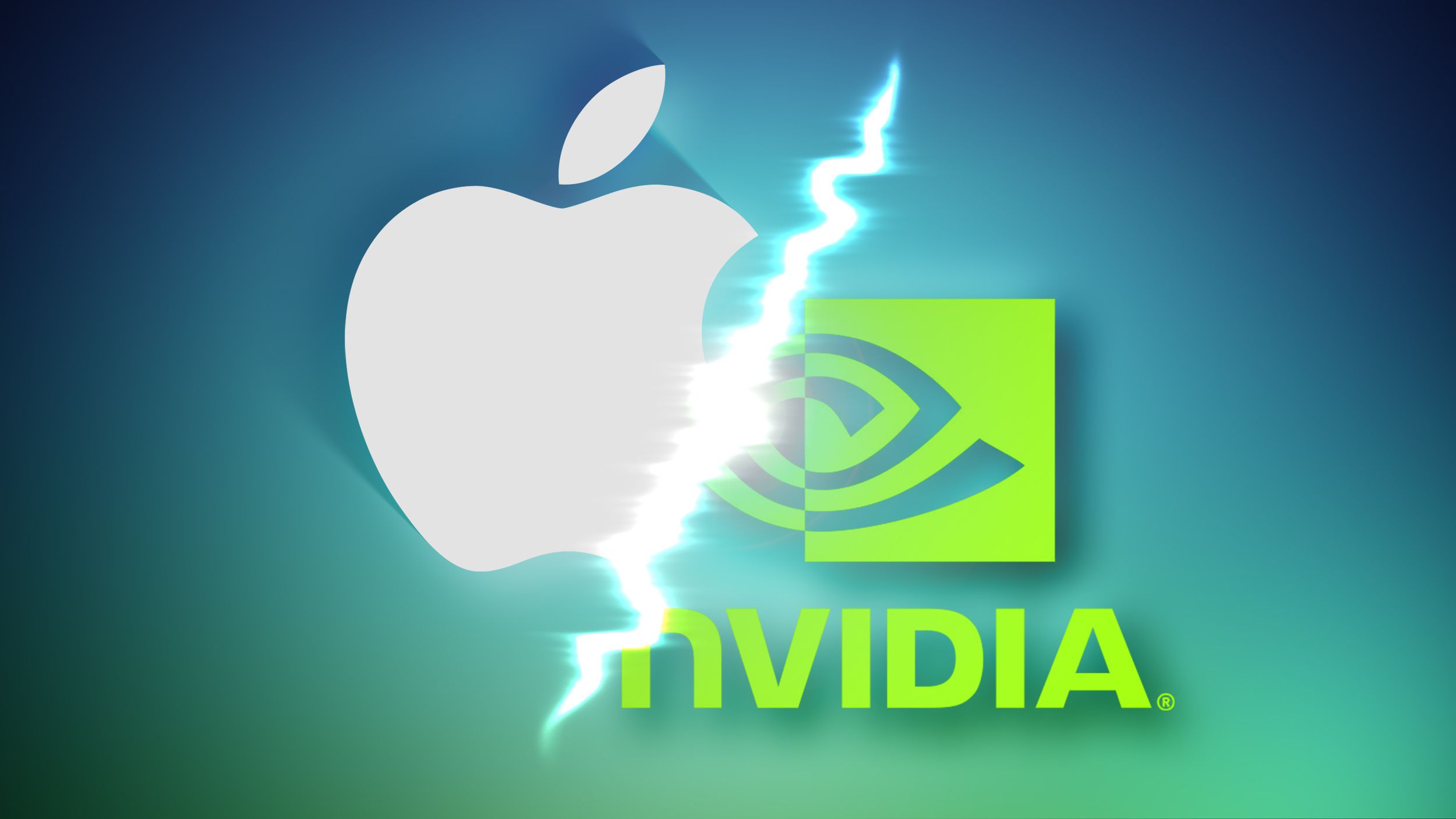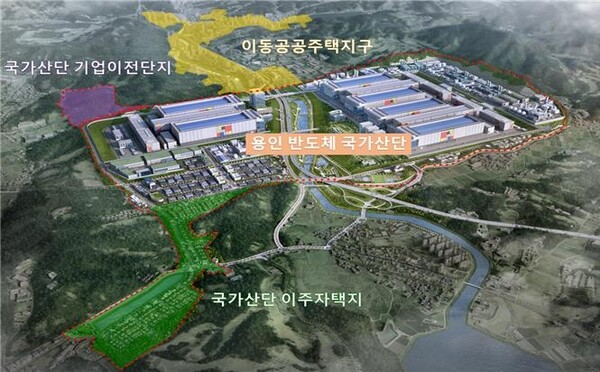Nvidia has become one of the world’s most valuable companies thanks to strong demand for its artificial intelligence (AI) server chips from big tech companies like Amazon, Microsoft, and Google. However, one tech giant that is not a major Nvidia customer is Apple, and a new report attempts to explain why this might be.
The Information‘s Wayne Ma today outlined Apple’s historically “bumpy relationship” with Nvidia, but much of the bad blood dates to the 2000s and early 2010s, when Steve Jobs was still CEO and Macs used Nvidia graphics. It is unclear how much these past issues matter today, if at all, and the report acknowledges that Apple’s current relationship with Nvidia “isn’t entirely acrimonious.” Two examples of the companies getting along include Apple’s recent collaboration with Nvidia on machine learning research, and Nvidia showcasing the Apple Vision Pro when it announced a new software framework earlier this year.
Apple has mostly rented access to Nvidia GPUs through the cloud from companies like Amazon and Microsoft, and it is reportedly developing its own AI server chip as a longer-term solution, but neither of those things prove that Apple still has an “allergy” to Nvidia as the report states. As has been the case for more than a decade, and even more so in recent years, Apple simply wants to develop as many in-house chips and technologies as possible for many reasons, including lower production costs, improved integration between hardware and software, and reduced reliance on external suppliers. So, this seems less about Apple avoiding Nvidia in particular, and more about Apple owning the whole widget in general.
This trend has been playing out for many years now. In addition to Apple long designing its own iPhone chips, the company started releasing its own Mac chips in 2020, in a transition away from Intel. Apple’s long-rumored 5G modem is expected to begin rolling out in iPhones next year, in a move away from its current supplier Qualcomm. Apple is also reportedly developing its own Wi-Fi and Bluetooth chip, a move that will impact Broadcom.
So while Steve Jobs may have once pretended an Nvidia executive was no longer in the room during a meeting, as the report states, it seems most likely that Apple simply has no need to directly purchase GPUs from Nvidia. Apple is clearly fine with renting access to the GPUs from cloud providers until its in-house chip is ready.
The report is nevertheless an interesting read, and it reinforces how Jobs was very good at holding a grudge when he was unhappy with a situation.









